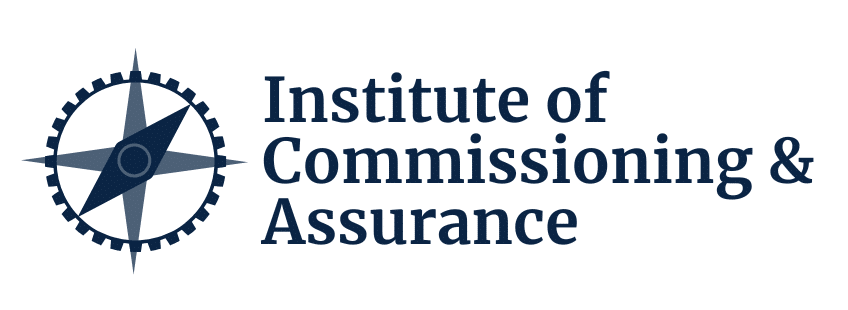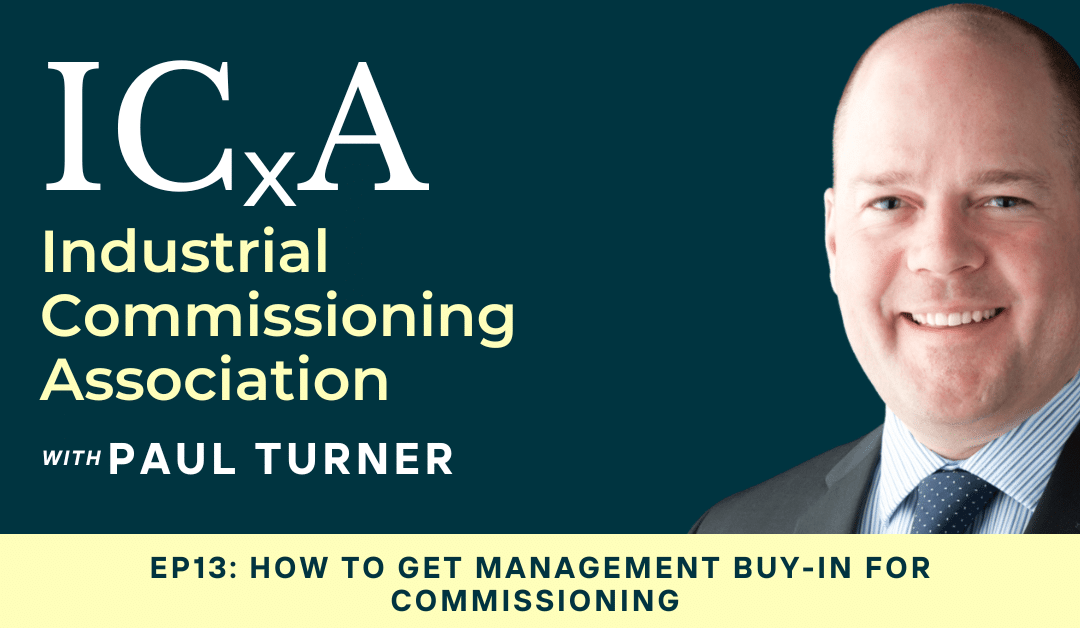Is your management cutting costs on commissioning because they don’t understand its value?
It’s common for management to either undervalue commissioning or fail to see why it’s critical to involve it early in projects. If you’re struggling to get management buy-in on commissioning initiatives, this episode is for you.
Management’s Hesitations on Commissioning
Many project managers don’t fully understand commissioning. They may believe it’s just about testing at the end of a project. You’ve probably heard:
- “Commissioning is only done at the end of a project.”
- “It’s an expense rather than a cost-saving initiative.”
- “Engaging commissioning early will slow down design and construction.”
- “The contractor can test everything at the end.”
Despite your best efforts to explain the benefits of commissioning, management may remain unreceptive. This can lead to delays, cost overruns, and ineffective project execution—outcomes that could be avoided with proper commissioning practices early in the process.
How to Change the Conversation
Management isn’t interested in the technical aspects of commissioning—they don’t want to hear about loop checks, construction challenges, or testing details. When you explain commissioning in these terms, it’s easy for them to dismiss it and cut costs, treating it as an unnecessary expense.
Instead, management wants to hear about two things: time and money. You need to focus on:
- Time savings: Present case studies showing how advanced commissioning planning accelerates project timelines.
- Cost savings: Demonstrate the financial benefits of proactive, standardized commissioning.
- ROI: Emphasize measurable returns on investment when commissioning is implemented correctly.
Presenting Case Studies
Many projects that ignore standardized commissioning have disastrous outcomes, often going over budget and running late. By sharing case studies, you can show management how commissioning safeguards projects against these risks, making the case that it’s essential for controlling costs and meeting deadlines.
Using the Efficiency ROI Framework
I use the Efficiency ROI framework to structure discussions with management. This framework focuses on:
- Time: How commissioning saves time and improves project outcomes.
- Money: The financial advantages of a structured commissioning process.
- ROI: The measurable return on investment.
Framing discussions this way makes it easier to secure management’s buy-in.
Accessing Resources to Help
Everything you need to frame these discussions—supporting evidence, case studies, and presentations—is available in the Industrial Commissioning Association members area. If you don’t have access, visit icxa.net, click on “Membership,” and sign up. Once logged in, you can download the Management Buy-In Package and use it to guide your discussions.
With these resources, you’ll be fully prepared to present commissioning in a way that resonates with management, leading to better support and project success.
If you need any further assistance, feel free to reach out at info@icxa.net. We’re happy to help with any additional information or guidance.


Recent Comments